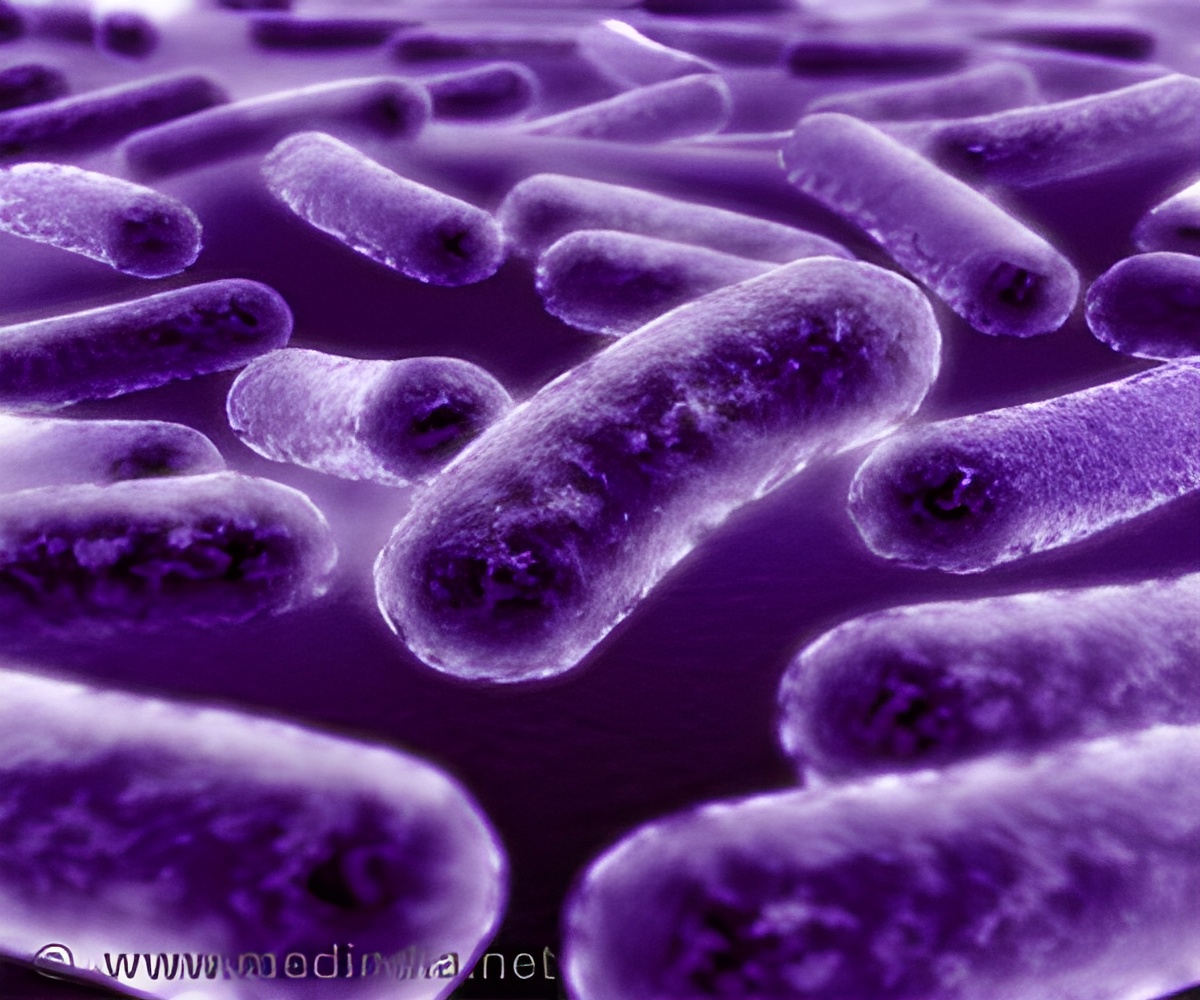Bacteria possess the natural ability to become vulnerable to existing antibiotics. To kill their competitors, these bacteria need to relinquish their ability to defy antibiotics.

The research team studied samples of A. baumannii isolated from a 2012 outbreak at a Canadian hospital. Four patients were infected, and one died. The scientists expected the bacteria to readily kill other bacteria by producing and injecting a poison into their bacterial competitors. Killing the competitors should help A. baumannii infections spread quickly and widely. But instead, the researchers found that the bacteria's poison injection system was disabled in most of the samples from the Canadian outbreak. They identified pieces of bacterial DNA that were shutting down the system. These chunks of DNA, known as plasmids, also carried genes that enabled the bacteria to resist antibiotics.
In addition, the researchers found that part of the bacterial population regularly deactivated the plasmids, which turned on the poison injection system and transformed the bacteria into killers. By doing so meant the bacteria also turned off the antibiotic-resistance genes, making the bacteria vulnerable to antibiotics.
The study appears online in PNAS.
Source-IANS
 MEDINDIA
MEDINDIA




 Email
Email




